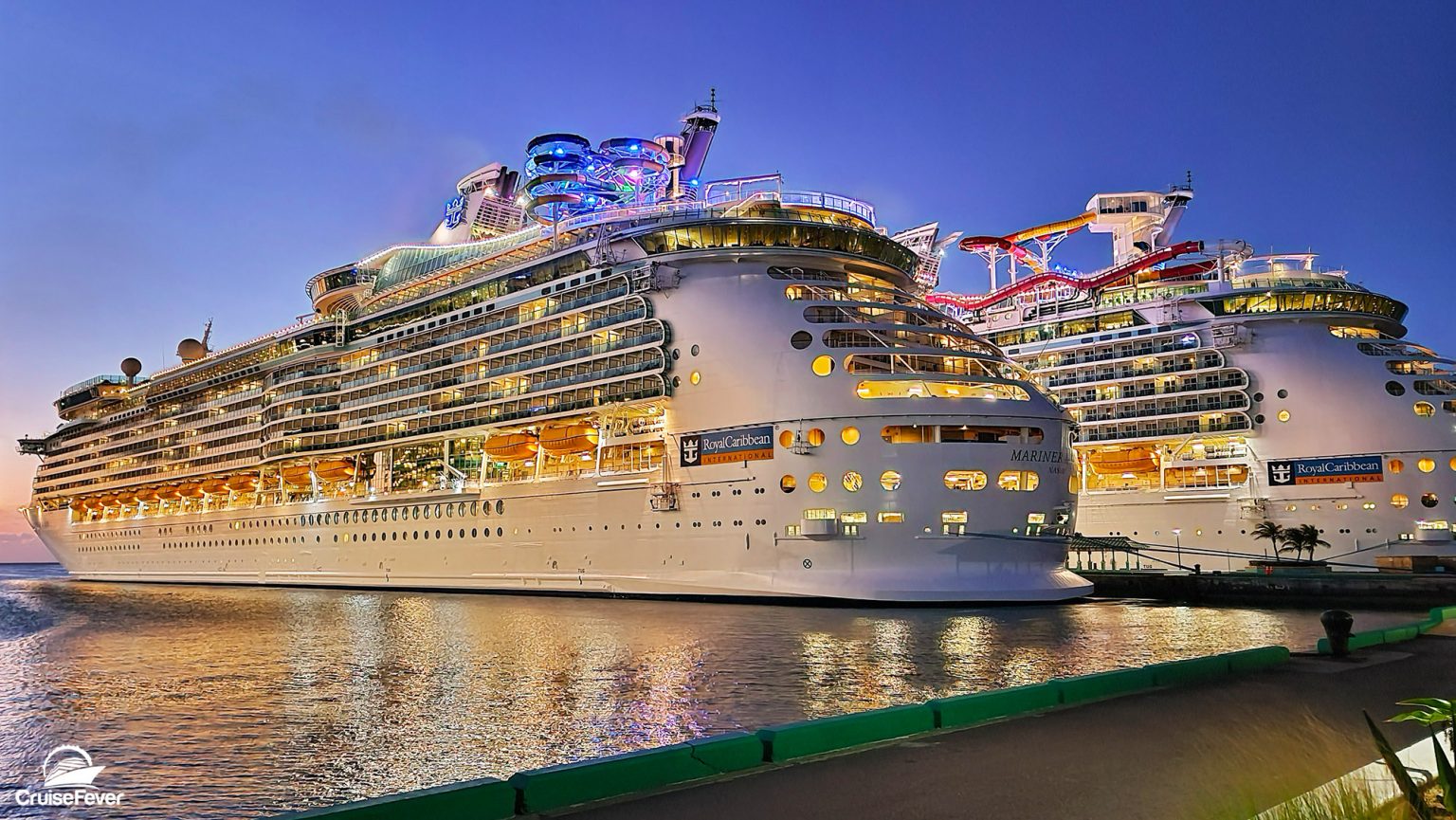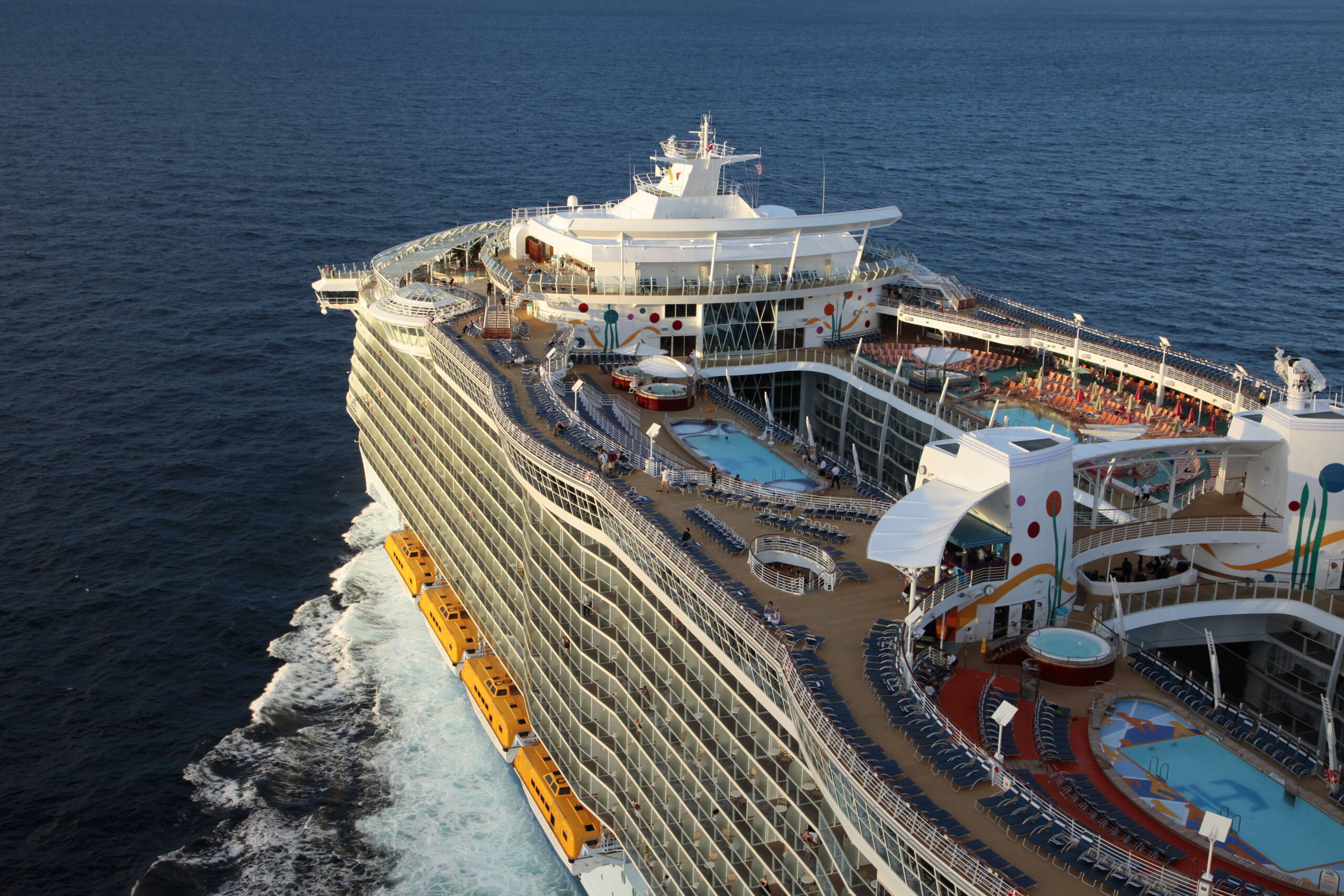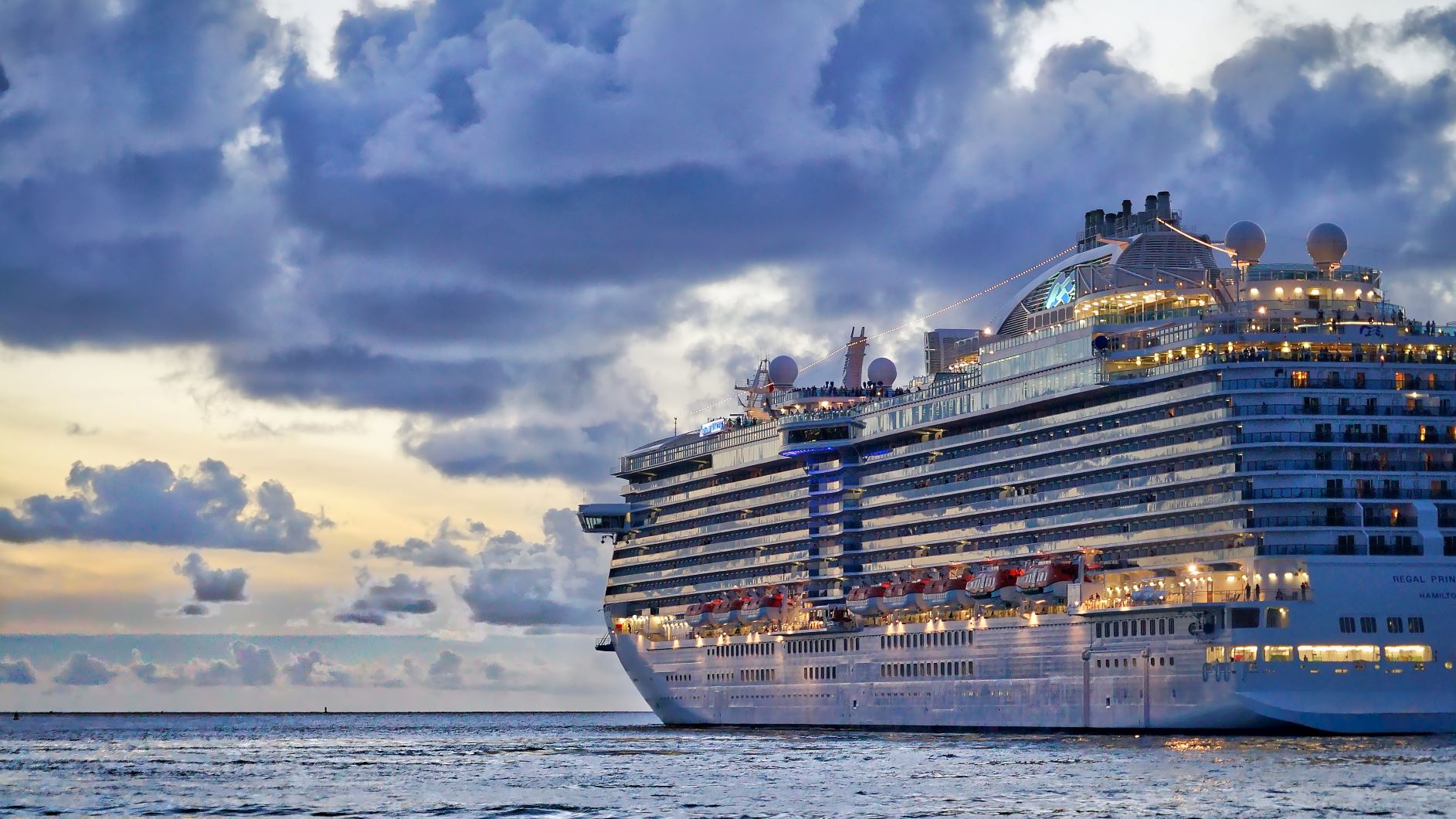Table Of Content

Many larger cruise ships, like those operated by Princess Cruises, have hospital-like treatment rooms within their onboard medical centers. The size of the medical team varies with the ship’s size – the largest vessels may have two doctors and up to six nurses. Smaller river ships, staying close to shore, may have fewer staff, relying on easy access to land-based facilities in emergencies. The qualifications of cruise ship doctors are particularly impressive.
Age of Traveler
It may take a couple of years (so keep searching in the meantime), but it’s easier for them to speak to people they know who want to become a cruise ship doctor than it is to sift through applicants. A cruise ship physician must be able to handle all kinds of situations at sea – one day could have you diagnosing a dental infection, while the next may see you removing glass from a wound. And on rare, stressful days you may need to stabilise a patient suffering a cardiac arrest and prepare them to be airlifted to the hospital.
Do Cruise Ships Have Doctors and Medical Facilities? Explained
They’re also required to be certified in advanced cardiac life support. Cruise ships serve as floating havens of tranquility beyond the glitz and glamour. Travelers and crew members can set sail with an assurance that their health and safety are in capable hands because their medical facilities are the pinnacle of care and are staffed by devoted specialists. Cruise ships have doctors, nurses, and medical facilities on board to cater to various health concerns.
Royal Caribbean issued this statement regarding doctors and medical practices on their ships:
Thankfully, I’ve never needed these services, but it’s reassuring to know they’re there. Cruise ship policies dictate that if you feel like you might be getting sick or have signs of a serious ailment, such as vomiting or diarrhea, you must tell the ship's medical staff immediately. Passengers can be restricted to their staterooms if the ship's physician decides their illness poses a risk of outbreak.
While the ship won’t wait for you, it’s possible you may be able to rejoin your cruise once you’ve been treated on shore. When the ship is in port, you may be allowed to disembark and walk around, provided there are other doctors on board covering the ship in case of emergencies. Generally with two doctors on a ship, one is working during port visits while the other is free to explore, so you’ll be able to see half of the ports on a typical cruise. They’ll normally take your details, and get in touch when a suitable position comes up.
Shipboard Health and Safety
Make sure you have up-to-date insurance and any contact information for your carrier and primary care physician available, in case you're faced with an emergency. Both passengers and staff can receive medical care on cruise ships. Crew members put a lot of effort behind the scenes to ensure a seamless and pleasurable voyage while safeguarding their health is equally necessary. Both passengers and the crew, who work around the clock to deliver great service, benefit from access to medical care onboard.
They work in the ship's medical center, usually found on one of the lower decks. These changes underline the importance and availability of comprehensive medical care on cruise ships. From routine ailments to emergency responses, the medical teams are equipped to handle a spectrum of health issues, ensuring the safety and well-being of every passenger and crew member. Most contemporary cruise ships have specialized medical facilities that serve as onboard clinics. These hospitals frequently have all the necessary tools and supplies to deal with mild illnesses and more serious medical emergencies. They are created to offer immediate care and treatment, assisting in easing problems and ensuring that travelers can continue enjoying their trip.
Confessions of a Cruise Ship Doctor - Yahoo! Voices
Confessions of a Cruise Ship Doctor.
Posted: Mon, 23 Feb 2015 08:00:00 GMT [source]

The cruise line states that there will be one to three doctors on board, as well as three to five nurses. The requirements also state that medical care must be available 24/7 and that the medical staff must be proficient in the dominant language spoken on the ship. Cruise lines have clear policies on when passengers should be medically disembarked.
Medical Services
Doctors and nurses can treat minor ailments and injuries, dole out medicine and assess and stabilize passengers with more serious medical conditions. They cannot care for patients who are severely injured or have life-threatening conditions. If onboard medical staff deem a passenger to be seriously ill, they will likely have the patient disembarked at the next port of call or evacuated by helicopter to the nearest hospital for more comprehensive treatment. In some cases, ships might even opt to make unscheduled stops in order to disembark an injured or ill passenger.

You can avoid getting sick by washing your hands (or using provided hand sanitizer stations), limiting person-to-person contact and not directly touching objects used by lots of people (buffet tongs, staircase railings, etc.). Scott said how cruise ships get sick or injured passengers to shore depends in large part on "the weather, the location and the assets available." The cruise line, Holland America, rushed her to the ship's medical facility. The doctor told Mullin he had never seen a monkey bite before, and the medical personnel called the Centers for Disease Control and Prevention for guidance.
Not only can your policy cover medical costs, but also if you have a medical emergency, the cost to move you to a qualified medical facility. This article will cover what cruise ship doctors do, medical facilities on board, and procedures and regulations regarding medical needs onboard. Although most major cruise lines have cleaning standards, catching something on a ship isn’t far-fetched, according to Joe Scott, senior director of fleet medical operations for Carnival Corp. A ship is usually most concerned about the diseases that can spread in these close-contact environments, such as gastroenteritis, influenza and the coronavirus. Norovirus outbreaks have risen as people have returned to cruise ships after a pandemic hiatus; the Centers for Disease Control and Prevention has reported 13 outbreaks on cruise ships this year.
The care of passengers' and crew members' safety and well-being depends on these amenities. Even though they may not be able to replace a hospital with all the necessary equipment entirely, cruise ships are well-equipped to provide the necessary care and assistance, making everyone's cruise experience safer and more enjoyable. Cruise ships are equipped with fully qualified doctors who provide medical services to passengers and crew. These medical professionals are licensed physicians capable of addressing various health concerns while at sea.
Nurses need at least three years' (five years' for some lines) postgraduate experience in emergency rooms, the intensive care unit or acute care. The ship also has a pharmacy that can provide access to common over-the-counter medications that may be needed during a cruise. While my role is equally demanding and rewarding, what I love most about being a cruise doctor is the freedom it gives and that I get to travel the world with my family. If it wasn't for cruising, I wouldn't have this lifestyle both financially and timewise. When I'm not sailing I work at Hungarian hospitals, but the good pay on the cruises means I can spend more time with my family in Hungary. When another doctor can't board for any reason, I will replace them for between a week and three months.

No comments:
Post a Comment